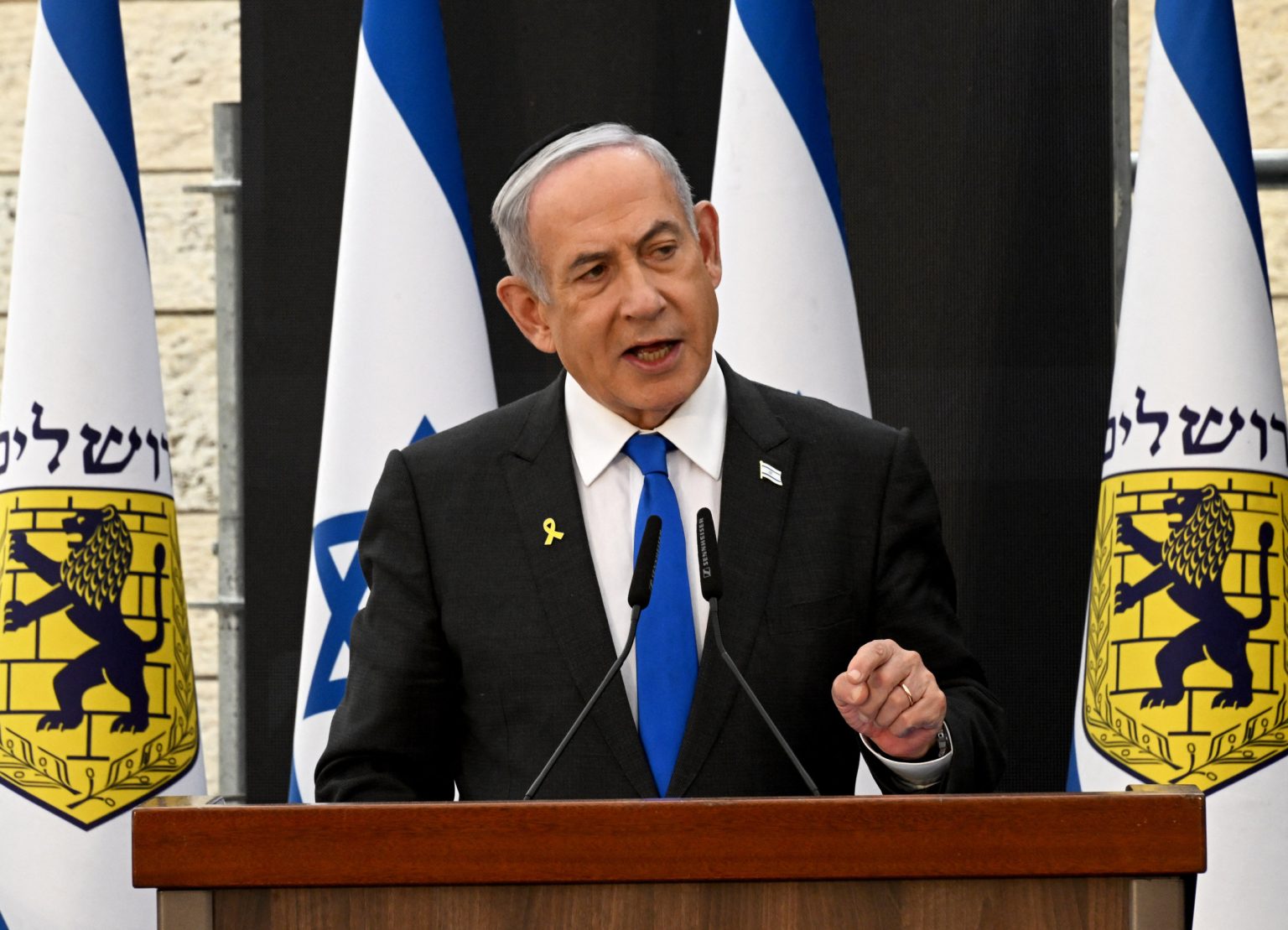Israeli Prime Minister Benjamin Netanyahu has spoken out against the International Criminal Court’s decision to issue warrants over Israel’s conduct in the Gaza Strip, calling it a “dangerous” precedent for other democratic countries. The ICC’s move comes in response to allegations of war crimes and human rights violations committed by Israel during its military operations in Gaza. Netanyahu’s criticism of the ICC’s decision reflects Israel’s long-standing opposition to the court’s jurisdiction over its actions in the Palestinian territories.
Netanyahu’s concern about the ICC’s warrants setting a dangerous precedent for other democratic countries suggests a broader fear within Israel about the potential impact of the court’s actions. The Israeli government has argued that the ICC’s involvement in the Israeli-Palestinian conflict is biased and politically motivated, and that it undermines Israel’s ability to defend itself against security threats. By challenging the legitimacy of the ICC’s jurisdiction over Israel, Netanyahu is seeking to protect Israel’s sovereignty and national security interests.
The ICC’s decision to issue warrants over Israel’s conduct in the Gaza Strip reflects a growing international consensus that Israel’s actions in the Palestinian territories may constitute war crimes and violations of international law. The ICC’s investigation into the situation in Gaza is part of a broader effort to hold accountable those responsible for serious crimes committed in conflict zones around the world. By targeting Israel’s actions in Gaza, the ICC is sending a message that no country is above the law when it comes to violations of human rights and international humanitarian law.
Netanyahu’s criticism of the ICC’s involvement in the Israeli-Palestinian conflict is part of a broader campaign by Israel to push back against international scrutiny of its actions in the Palestinian territories. Israel has long argued that it is unfairly singled out for criticism by the international community, and that its security concerns justify its military operations in Gaza and the West Bank. By challenging the ICC’s legitimacy to investigate Israel’s actions, Netanyahu is seeking to shield his government from accountability for alleged violations of international law.
The ICC’s decision to issue warrants over Israel’s conduct in the Gaza Strip reflects a growing recognition that accountability for human rights violations and war crimes is essential for achieving peace and justice in conflict-affected regions. The ICC’s investigation into Israel’s actions in Gaza is a significant step towards holding accountable those responsible for serious crimes committed in the context of the Israeli-Palestinian conflict. By pursuing justice for victims of war crimes and human rights violations, the ICC is contributing to the broader goal of ending impunity for serious crimes and upholding the rule of law in conflict zones around the world.
In conclusion, Netanyahu’s criticism of the ICC’s warrants over Israel’s conduct in the Gaza Strip reflects Israel’s broader resistance to international scrutiny of its actions in the Palestinian territories. The ICC’s decision to investigate Israel’s actions in Gaza is part of a broader effort to hold accountable those responsible for serious crimes committed in conflict zones around the world. By challenging the legitimacy of the ICC’s jurisdiction over Israel, Netanyahu is seeking to protect Israel’s sovereignty and national security interests. However, accountability for human rights violations and war crimes is essential for achieving peace and justice in conflict-affected regions, and the ICC’s investigation into Israel’s actions in Gaza is a crucial step towards achieving that goal.








